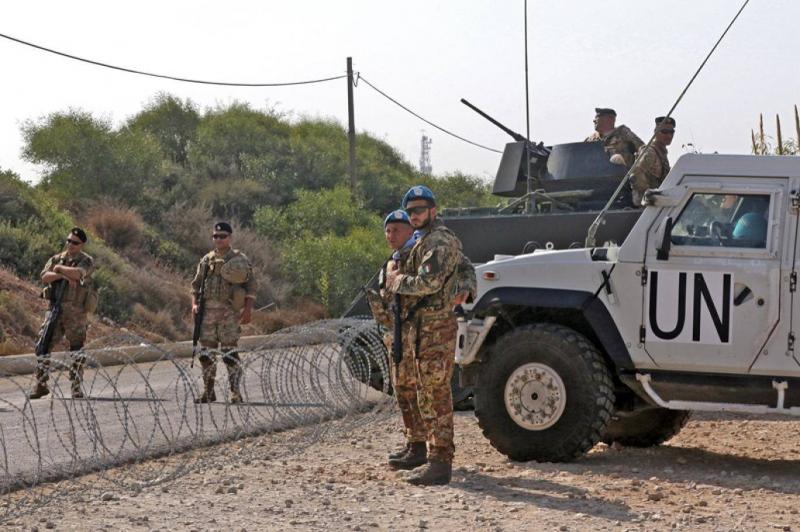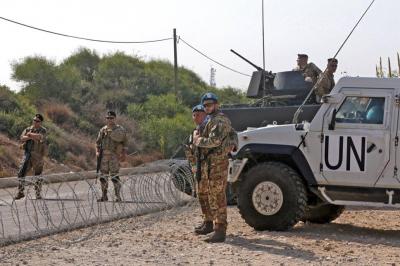As hostilities continue between Lebanese Hezbollah and Israel, amid rising chances of a full-scale war following the attack on the village of Majdal Shams in the Syrian Golan, Lebanon has reiterated its commitment to implementing UN Resolution 1701. Lebanese Minister of Foreign Affairs and Emigrant Affairs in the caretaker government, Abdullah Bou Habib, confirmed his country's adherence to Security Council Resolution 1701, warning that a major Israeli attack on Lebanon would lead to a deterioration of the situation in the region and the outbreak of a regional war.
**Mutual Accusations**
Israel and Lebanon exchange accusations of violating the international resolution, amid differing positions on how to implement it on the ground. The UN Security Council unanimously adopted Resolution 1701 on August 11, 2006, which calls for a complete and permanent cessation of hostilities between Lebanon and Israel. The resolution called for the establishment of an area between the Blue Line that separates Lebanon and Israel and the Litani River in southern Lebanon, to be free of any armed personnel and military equipment, with exceptions for those belonging to the Lebanese Armed Forces and the United Nations Interim Force in Lebanon (UNIFIL).
The Blue Line is the delineation drawn by the United Nations between Lebanon on one side and Israel and the occupied Golan Heights on the other, established on June 7, 2000. The Blue Line is not an international border and was created solely to verify the Israeli withdrawal from Lebanon. The resolution came during the July 2006 war between Israel and Hezbollah, which began on July 12, 2006, involving fighting for 34 days in various areas of Lebanon, particularly in the south and east, as well as in the capital Beirut, in addition to northern Israel. The resolution stipulated the withdrawal of Israeli forces from southern Lebanon.
**International Peacekeeping Forces**
The resolution called for Lebanon to deploy its armed forces in the south in cooperation with UN peacekeeping forces (UNIFIL). It also called for the full implementation of the provisions of the Taif Agreement and Resolutions 1559 and 1680, including disarming all Lebanese groups and the non-presence of foreign forces unless approved by the Lebanese government. The resolution stipulated the prohibition of selling and providing arms and military equipment to Lebanon except those permitted by the government. Israel occupies part of Lebanese territory, namely the Shebaa Farms and Kfar Shuba Hills, and since 1978, the UN Security Council has issued Resolution 425, which calls for its withdrawal from all Lebanese territories, but this has not been implemented to date.




